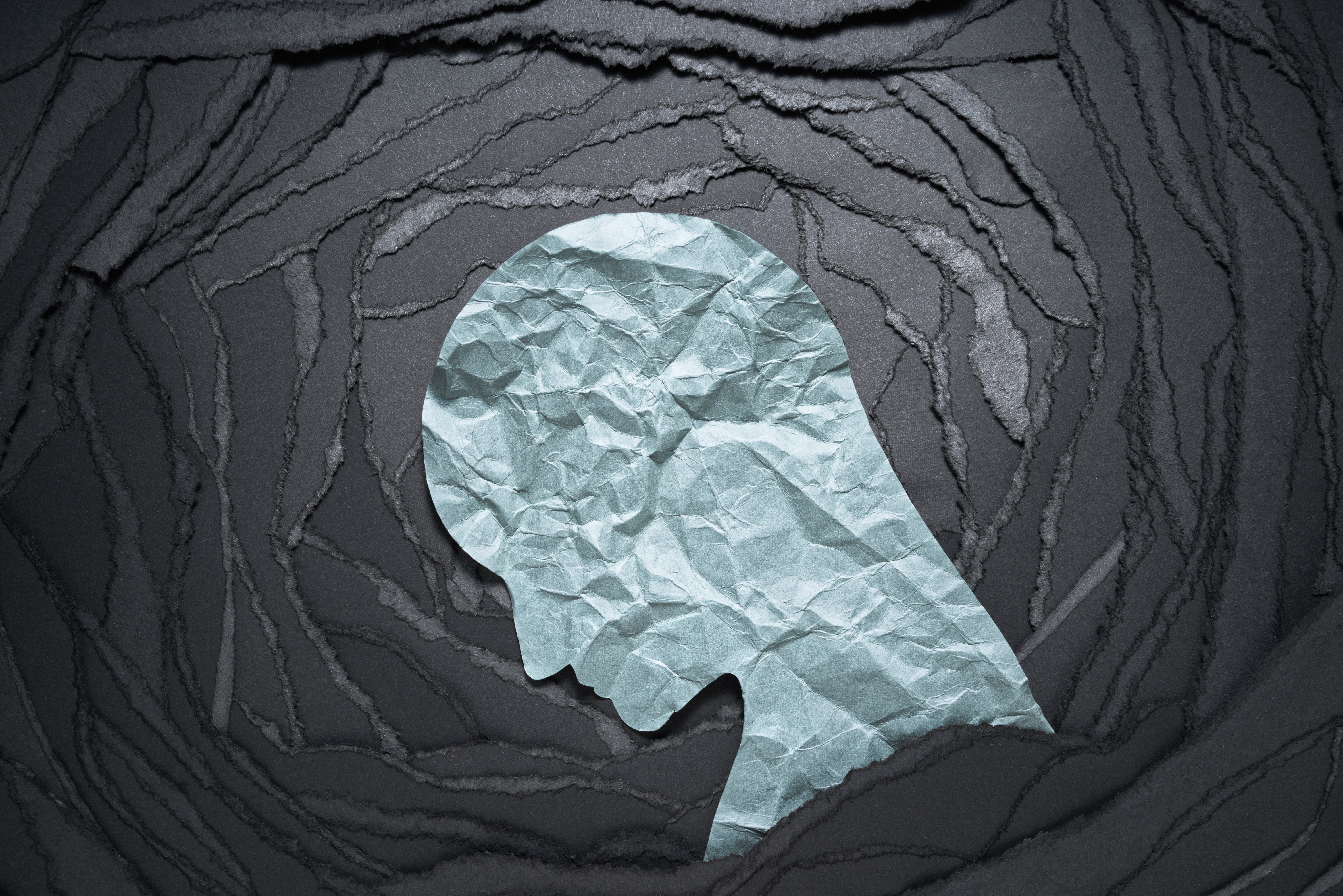Blog
Younger age, lack of emotional support linked to depression in women with premature menopause

Younger age, lack of emotional support linked to depression in women with premature menopause | Image Credit: © adamichi – stock.adobe.com.

A cross-sectional observational study published in Menopause highlights the elevated prevalence and risk factors for depressive symptoms among women with premature ovarian insufficiency (POI), also known as premature menopause. Researchers found that nearly one-third of women with POI experienced depressive symptoms, and that younger age at diagnosis, severity of menopausal symptoms, fertility-related grief, and lack of emotional support were significant contributors.1,2
The study, “Depressive symptoms in women with premature ovarian insufficiency (POI): a cross-sectional observational study,” evaluated data from 345 women attending a multidisciplinary POI clinic in the Netherlands between April 2020 and December 2023. Depressive symptoms were assessed using the Beck Depression Inventory-II (BDI-II), with a score >19 indicating significant depressive symptoms.
A total of 29.9% of participants met this threshold. Despite hormone therapy being a common component of POI management, the study found no significant difference in depressive symptoms between those using estrogen plus progestogen therapy (41.7%) and those not using it (42.6%; P = 0.89). Researchers emphasized that “estradiol levels did not correlate with depressive symptoms,” suggesting a limited role of hormone levels in mental health outcomes among this population.
Multivariate logistic regression identified several factors independently associated with increased odds of depressive symptoms. These included:
- Younger age at POI diagnosis (OR, 0.95; P = .01)
- Higher severity of menopausal symptoms, as measured by the Greene Climacteric Scale (OR, 1.13; P < .001)
- Lower scores on the PROMIS emotional support scale (OR, 0.86; P < .001)
- Lower fertility-related quality of life scores among those experiencing infertility-related grief (OR, 0.93; P < .001)
Conversely, a genetic etiology of POI was associated with lower odds of depression (OR, 0.10; P = .04). The authors hypothesize that a genetic cause may allow for more anticipatory guidance and support, potentially reducing psychological distress.
The analysis showed that emotional and psychosocial dimensions—rather than hormonal or physiological measures—were stronger predictors of depressive symptoms. “This suggests that psychosocial factors are crucial. Psychological interventions should focus on these factors to address the unique needs of this population,” the authors concluded.
In subgroup analyses, similar associations were found. Among women younger than 30 years, more severe menopausal symptoms (OR, 1.18; P < .001) and lower emotional support (OR, 0.81; P = .03) remained significant predictors. In women over 30, a younger age at diagnosis and lower TSH levels were additionally linked to depressive symptoms.
Notably, vasomotor symptoms such as hot flashes and night sweats were not independently associated with depressive symptoms. This contrasts with findings from studies on women undergoing natural menopause, where vasomotor symptoms are often linked to mood disturbances.
“These findings underscore the need for comprehensive care addressing both physical and psychological aspects of menopause at an early age,” said Monica Christmas, MD, associate medical director for The Menopause Society. “Although hormone therapy is recognized as the standard of care for those with POI for management of some menopause-related symptoms and preventive care, it is not first-line treatment for mood disorders. This was evident in this study in which there was no difference in depressive symptoms between those using hormones and those not using hormone therapy.”
She added, “Addressing behavioral-health concerns with evidence-based interventions should be part of any comprehensive POI care plan.”
The authors of the study also emphasized the importance of routine mental health screening in women with POI. Given the relatively high prevalence of depressive symptoms and the psychosocial impact of a POI diagnosis—including infertility, stigma, and life disruption—integrating behavioral health into reproductive endocrinology care may improve overall outcomes.
This large-scale study provides evidence that the mental health burden among women with POI is significant and is more closely tied to psychosocial than hormonal factors. The findings advocate for the development of multidisciplinary care models that incorporate mental health services, emotional support networks, and fertility counseling to meet the comprehensive needs of this vulnerable patient population.
References:
- The Menopause Society. Depression often associated with early menopause: Why some women are at greater risk. EurekAlert. July 16, 2025. Accessed July 18, 2025. https://www.eurekalert.org/news-releases/1091270
- van Zwol-Janssens C, Louwers YV, Laven JSE, Schipper J, Jiskoot G. Depressive symptoms in women with premature ovarian insufficiency (POI): a cross-sectional observational study. Menopause. Published online July 15, 2025. doi:10.1097/GME.0000000000002614












